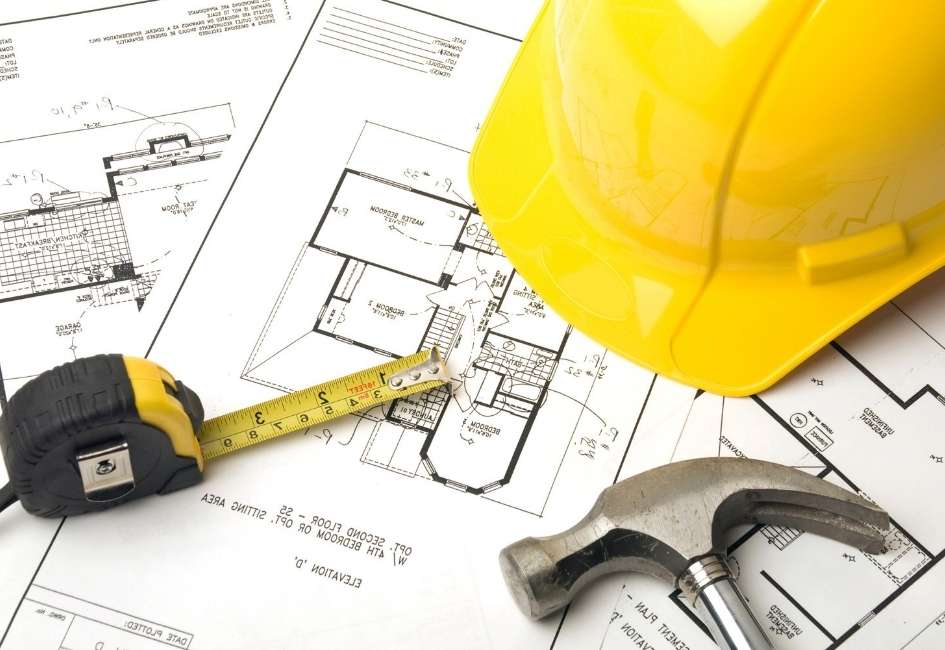Heat Pump FAQs- All Your Heat Pump Questions Answered
The latest news to do with energy is sending major shockwaves throughout the UK. The extreme rise in the energy price cap confirmed earlier this month, will see a rise by £693 to £1 971 per year amid the soaring oil and gas prices. On top of this, as we move towards a net zero future; and commit to phasing out coal and applying a ban on new gas boilers all by 2025; it is obvious that the fossil fuel era is coming to an end. However, with majority of homes and businesses in the UK still replying on fossil fuel systems for heat; exploring alternatives, like a heat pump, is fundamental when looking avoid those rising energy costs and to future-proof a property.
There are many questions needing answers on heat pumps, and so, below we share with you our Heat Pump FAQs list. The answers to the most frequently asked questions for heat pumps; from what it is to how you can get one installed for free through government backed funding.
What Is a Heat Pump?
A Heat Pump is a renewable energy heating system for buildings that uses a pump to transfer heat energy from a renewable source to the building, through its heating distributors. Heat pumps can provide and meet both hot water and heating requirements.
How Does a Heat Pump Work?
In principle, a heat pump works like a refrigerator, only in reverse. It receives its energy from the ambient air outside/from the solar energy stored in the ground, captures this low-grade heat energy, works it through the refrigeration cycle and then releases the heat at a much higher temperature on the heating side. Heat pumps are an ideal alternative to traditional heating systems and are recognised as a renewable technology by the UK Government.
What Is the Difference Between Air Source & Ground Source Heat Pumps?
Ultimately, the difference between an air and ground source heat pump is the renewable source from which they extract heat energy. An air source heat pump is perhaps the most popular alternative low carbon heating solution. An ASHP extracts renewable heat from the ambient air outside. It is very efficient and can provide your hot water and heating requirements all year round. Installation costs are relatively lower as no ground drilling or landscaping is required. They are a great option where ground space is limited.
Ground source heat pumps use the stored solar energy in the ground and are an extremely efficient and effective way to provide heating and hot water all year round too. Ground source heat pumps are more efficient than air source heat pumps thanks to their renewable heat energy extraction method. The earth is a good heat accumulator and starting at a depth of approximately 1m, only very little temperature fluctuations occur, no matter how cold it is outside. Where ground space is available, GSHP’s make for the ultimate heating system.
How Much Does It Cost?
As the installation process will vary for each system as well as the properties requirements, there is no set price of how much the installation of a heat pump can cost. The average installations costs for an Air Source Heat Pump is anywhere between £8000 and £11 000; and for a Ground Source Heat Pump between £16 000 and £26 000.
Although the installation costs are relatively higher compared to some of your fossil fuelled heating systems, when considering the energy bill savings and potential government backed funding you could receive, much of the initial cost is reduced.
How Long Does It Take to Install a Heat Pump?
The time it takes to install a heat pump can be anywhere from 3 days to 3 weeks, and is dependent on a few factors, including the type of heat pump which is being installed and the installs specific requirements, like that of the chosen heating distributors. However, the average time it could take for an air source heat pump is 3days to 1 week and 2-3 weeks for a ground source heat pump.
Do I Need Planning Permission?
The dreaded double P’s: Planning Permission. The answer of whether you need planning for your heat pump install is dependant. Most heat pump installs, both air and ground source, does not require planning permission. However, there are limits and conditions which need to be met and, in some instances, where a property is in a conservation area or in a listed building, contacting your local council is recommended to make sure that the install is feasible.
Can I install a Heat Pump Myself?
Now this question is perhaps in the top 10 of most frequently asked questions on heat pumps out there. A heat pump install requires trained, qualified engineers to complete the job. Additionally, if you are exploring the possibility of receiving government funding, then you will be required to have a MCS certified installer to do the job.
Finding the perfect company to complete your heat pump install should be priority number one when considering the upgrade. Always make sure the company is fully accredited, registered and complaint with all industry standards. Working with a company that is highly recommended is also something which should be considered.

Is My Home Suitable for a Heat Pump?
With heat pump popularity dramatically increasing and many homeowners looking to upgrade their heating system to one. Many begin the journey by wondering if a heat pump install is even a possibility for their home. The key to the possibility of having a successful heat pump install is all about insulation. Whether it is an older home or new build, if a home is well insulated, a heat pump install should not be a problem. Nevertheless, before a heat pump is installed, a survey of the property will be done to check it is sufficiently insulated and also to assess the properties hot water and heating requirements and location options for the heat pump install.
What Are the Running Costs?
There is no fixed rate at which a heat pump runs. However, a correctly designed, specified, and installed heat pump will offer significantly lower running costs compared to fossil fuel heating systems. Some factors to consider when calculating the running costs of a heat pump are heat demand, the heat pump’s efficiency, property type and energy tariff.
Additionally, when considering the running costs, you should take note of the systems maintenance costs. Compared to combustion heating systems, a good quality, well installed heat pump will require very little maintenance, and when service professionally by a qualified technician, its expected lifespan can be anywhere between 20 to 30 years.
Is a Heat Pump One Size Fits All?
To say a heat pump is a one size fits all solution is highly inaccurate. Heat pumps come in different sizes/specifications and having a professional, experience company size a heat pump right for your home and its hot water and heating requirements is well worthwhile. Heat pumps are usually sized according to the property type/size, level of insulation, size of radiators and/or underfloor heating coverage, the properties hot water and heating requirements and likewise the seasonal outdoor temperature according to the property’s location.
Can a Heat Pump Future-Proof My Home?
Thanks to a heat pumps use of renewable energy and over exceeding energy efficiency; compared to your traditional modern gas boiler. The system can dramatically reduce your homes carbon footprint. Although it does require electricity to run; where the electrical supply is from a renewable source, a heat pumps carbon footprint can be non-existence. Upgrading to a heat pump means you can be a part of the positive change to help protect our planet all whilst future-proofing your property for any forthcoming net zero regulations; and additionally opens doors to a lengthily list of great benefits.
Why is a Heat Pump Better Than a Gas Boiler?
The rumours are true, and it is official. By 2025, there will be a ban on all new oil and gas boilers. That’s just around the corner; but with varied options available, why choose a heat pump; and why is it better than a gas boiler?
Below we share with you our Top 3 reasons why a heat pump is better than a gas boiler.
Energy Efficiency
Compared to all it’s competitions, including your modern gas boiler; a heat pump is superior in efficiency . Heat pumps function in the way that they transfer heat rather than generate heat. Resulting in a much higher pathway efficiency compared to a traditional boiler system. Additionally, most heat pumps have a CoP (Coefficient of Performance) of 3 to 4. This means it can deliver 3-4 kW of heat energy for every 1kW of electricity it consumes. In percentage terms, a heat pumps efficiency rate is 300%-400% unlike that of the maximum efficiency rate of 90% for your modern condensing boiler.
Low Carbon
Heat pumps can dramatically reduce your homes carbon footprint, providing around 75% of renewable heat. However, when heat pumps use renewable energy to run; this can increase to 100%, and as a result leave no carbon footprint behind.
Future Complaint
As the world looks towards banning new boilers by 2025 and ending the use of fossil fuels in a bid to tackle a complete climate catastrophe; heat pumps are the perfect heating upgrade. Thanks to their use of a never-ending supply of renewable energy, heat pumps provide low carbon heating.
Follow the link for more on the battle of heat pumps vs boilers.
Why Choose Bumblebee Energy?
Finding the perfect company to complete your heat pump install is essential. From the initial survey all the way to the final finishing touches; and with several companies in the business. You may have a final question of why you should choose Bumblebee Energy.
The skilled team at Bumblebee Energy have years of experience in the heating and renewable industry, speing in air and ground source heat pumps. We are fully accredited and complaint with all industry standards; and our commitment is to provide the best environmentally friendly solution with the most suitable technology, installation process and best possible price, tailored specifically to our customers’ requirements.
Moreover, we are proud of what we do and have helped hundreds of customers with their transition to a renewable heating system. We only supply quality Heat Pumps from reputable manufacturers, with guarantees you can truly rely on.
For more Heat Pump FAQs and to received a FREE, NO OBLIGATION quote, enquire online today.


